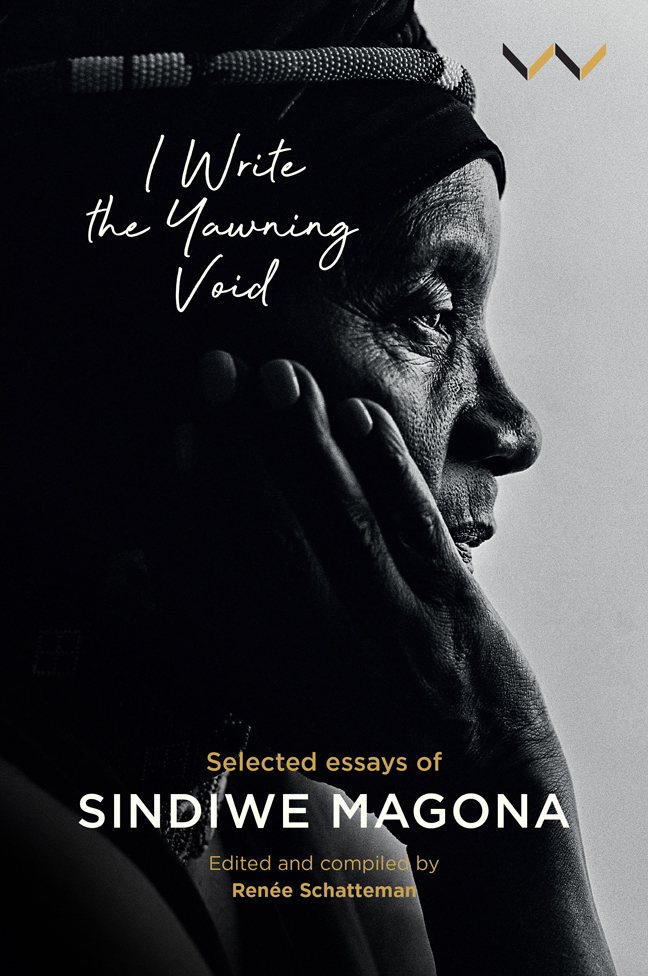Book contents
- Frontmatter
- Dedication
- Contents
- Acknowledgements and Permissions
- Foreword
- Introduction: Writing South Africa's Yawning Void
- Part I Coming into Writing
- Part II Writing about Pressing Issues
- Part III Writing about My Writing
- Conclusion: A Tribute to Those Who Came Before Me
- Notes
- Selected works
- Bibliography
- Index
1 - The Scars of Umlungu
Published online by Cambridge University Press: 02 March 2024
- Frontmatter
- Dedication
- Contents
- Acknowledgements and Permissions
- Foreword
- Introduction: Writing South Africa's Yawning Void
- Part I Coming into Writing
- Part II Writing about Pressing Issues
- Part III Writing about My Writing
- Conclusion: A Tribute to Those Who Came Before Me
- Notes
- Selected works
- Bibliography
- Index
Summary
Magona's earliest published piece of published prose, this essay appeared in the New Internationalist volume 230 in April 1992. It provides a compelling example of Magona's ability to fashion unique and deeply embedded metaphors that she uses in her writing to convey large-scale experiences such as the colonial conquest of land and the accompanying destruction of the African way of life.
MY PEOPLE HAVE their own ways of doing things. We have always had our ways of doing things. ‘The ones scrubbed in hot water’ could not see this when they came. They came – ‘the ones with coloured eyes’ – and found my people living worthwhile lives that were satisfying to them. But the newcomers saw only indolence, ignorance and superstition. They saw nothing commendable, nothing worth preserving, least of all emulating. For them, our being alive held no lessons whatsoever. It proved nothing. They had their ways. And, in their eyes, these were far, far superior to ours. So began the destruction of my culture. So began our dying.
My people are a wise people. I do not claim God accorded them special preference in the allocation of grey matter. That would be absurd; as absurd as the claims of superiority made by ‘the ones without colour’, the ones we came to call umlungu.
But my people are patient. We have a saying: ‘These mountains were here when we were born. They will be here long after we are gone.’ Patiently, my people observed the world of which they knew they were a part – equal with the land, the rivers, the trees, the mountains and every other living thing.
My people knew how to flow with nature's rhythm, dance to its tune and harness its forces for their good. They knew about using and using up. They knew that rest is the beginning of restoration and that it brings healing.
How can one stand under the heavens one night, look up at the sky, point out one star and say: ‘That star is mine!’? My people would have thought anyone mad who suddenly pronounced themselves sole owner of such and such a mountain, valley, river or any other piece of the earth.
They had not learnt the greed that brings fences with it.
- Type
- Chapter
- Information
- I Write the Yawning VoidSelected Essays of Sindiwe Magona, pp. 11 - 16Publisher: Wits University PressPrint publication year: 2023



